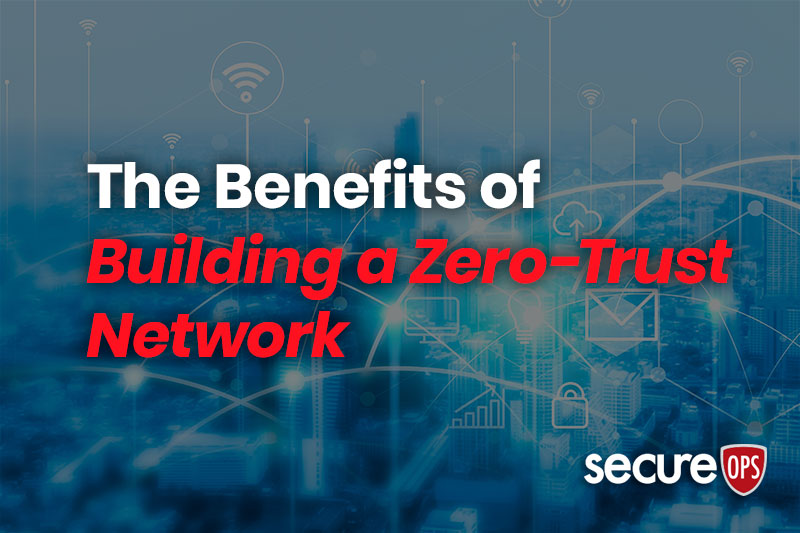The Top Benefits a Managed Security Services Provider Should Deliver (MSSP)
We’ve written several articles on Managed Security Service Providers for various reasons; most importantly, we are an MSSP, and we’ve seen the benefits an organization can experience with the right
The Benefits of Building a Zero-Trust Network
In a previous blog post titled, The 5 Steps to Building a Zero Trust Network; we suggested “the Zero Trust model is the response to the realization that the perimeter
Cybersecurity vs. Cloud Security: What is the Difference?
Regarding technological advancement, cyber and cloud security are critical elements that can either make or break a company's overall IT infrastructure. Cybersecurity analysts must understand both nuances to protect their
Choosing the Right Security Services Provider
Managed Security Services – the Next Frontier Several weeks ago we wrote a blog post titled, “A Look at 2023’s Top 5 Cyber Risks – and Strategies for Defending Against Them;”
Building a Next-Generation Security Operations Center
Building an enterprise Security Operations Center (SOC) calls for careful planning and the precise coordination of people, processes, and technologies, as we covered in our previous post, 7 Steps to
7 Steps to Building a Security Operations Center
Reviewing cybercrime statistics for the year is always a sobering exercise, and 2022 is no exception. Threat actors continue to up the ante, and data breaches grew significantly in Q3 2022,
How CASB Solutions are Improving Cloud Security
Cloud access security brokers (CASBs) are on-premises, or cloud-based security policy enforcement points, typically placed between cloud service consumers and their cloud service providers (CSB). The solutions often combine and
Nearly 50% Of Businesses Had a Cloud-Based Data Breach or Failed Audit
In the 2022 Thales Global Cloud Security Study, commissioned by Thales and conducted by 451 Research, reported that 45% of businesses it surveyed have experienced a cloud-based data breach or
The 5 Steps to Building a Zero Trust Network
The 5 Basic Steps to Building a Zero Trust Network Zero Trust is a network security model, based on a strict identity verification process. The framework dictates that only authenticated and










